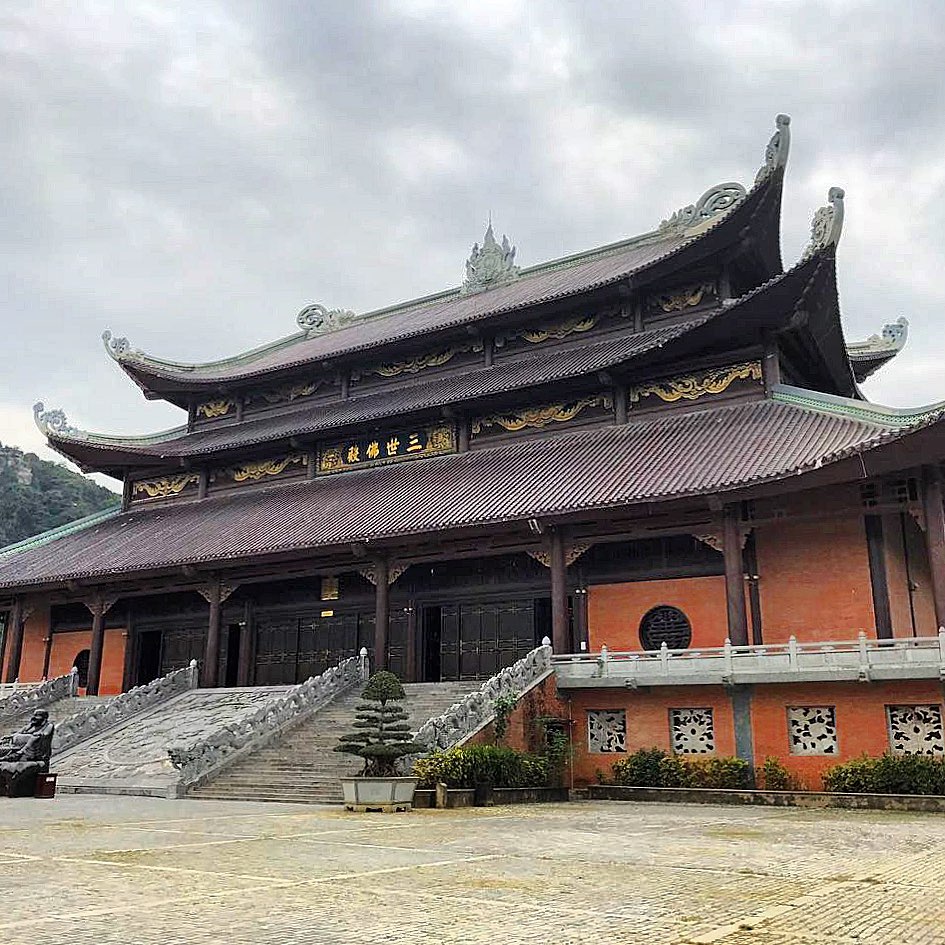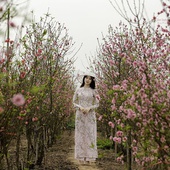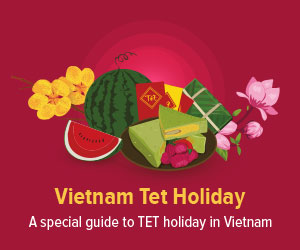Buddhism In Vietnam
Buddhism remains the predominant religion in Vietnam, predominantly following the Mahayana tradition. The introduction of Buddhism to Vietnam is generally dated to around the year 189 CE, having arrived from Central Asia in the north and from India through southern routes.
Vietnamese Buddhism exhibits a unique symbiotic relationship with Taoism, Chinese spiritual practices, and indigenous Vietnamese beliefs. The majority of Buddhists in Vietnam practice within three schools of Mahayana Buddhism: Zen Buddhism, Pure Land Buddhism, and Vajrayana. The combination of Pure Land and Zen practices significantly shapes Buddhist life in Vietnam, with monks and nuns largely adhering to Zen practices while the general populace tends to favor Pure Land Buddhism. Although Mahayana Buddhism prevails, there is a notable presence of Theravada Buddhism among the Vietnamese population.
One of the defining characteristics of Vietnamese Buddhism is its harmonious integration of Buddhist, Taoist, and Confucian elements. The religion encapsulates the rituals, beliefs, and philosophies of all three traditions in a balanced manner. While some skeptics argue that the varied schools of Buddhism cannot coexist, Vietnamese Buddhists manage to practice all three without conflict.
Though Vietnamese Buddhism does not operate under a strong central authority, the concept of cultivating merit through good deeds is a prevalent and vital practice. Vietnamese Buddhists believe in the transformative power of Buddhas and bodhisattvas to assist in their journey toward self-liberation. Monks are often found chanting sutras and reciting the names of Buddhas.
Vietnam is home to numerous renowned pagodas and temples. Here are five of the most famous. The iconic One Pillar Pagoda, celebrated for its unique architectural style, is located in the western part of Hanoi, on Ong Ich Khiem Street, Ngoc Ha, Ba Dinh District. Bai Dinh Temple, located 95 kilometers south of Hanoi in Gia Sinh commune, Gia Vien district, Ninh Binh province, stands as the largest complex of Buddhist temples in Vietnam upon its completion. Bai Dinh Temple. Photo: @yves.raro
Bai Dinh Temple. Photo: @yves.raro
The oldest temple in Vietnam is generally considered to be Dau Pagoda, located in Thanh Khuong commune, Thuan Thanh district, Bac Ninh province. Thien Mu Pagoda, a historical temple in Hue city, Thua Thien Hue province, is recognized as the tallest pagoda in Vietnam, featuring seven stories. Lastly, Huong Pagoda located in Huong Son Commune, My Duc District (previously part of Ha Tay Province, now included in Hanoi) hosts a well-known religious festival that attracts thousands of pilgrims from all over Vietnam each year.

11 Horoscopes In The Year Of The Dragon
The dragon year can be a booster-for-all for all other zodiacs.

Vietnam's 5 Most Important Festivals & Travel Tips
Vietnam's cultural richness stands out with a variety of traditional festivals.

Kinh People
Vietnam is known for its cultural diversity with 54 ethnic groups, in which, Kinh or Viet people accounts for nearly 90% of the whole population.






